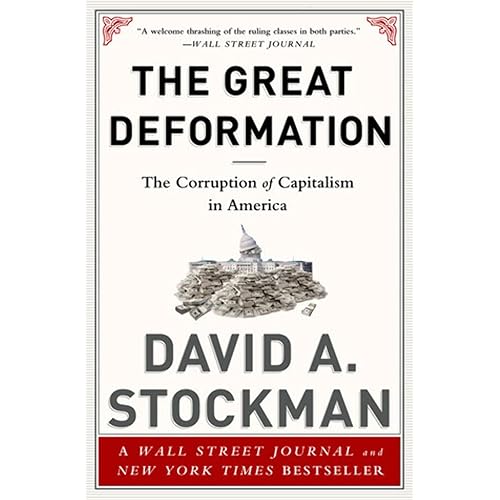Shop Class as Soulcraft: An Inquiry into the Value of Work


Buy Now, Pay Later
- – 4-month term
- – No impact on credit
- – Instant approval decision
- – Secure and straightforward checkout
Ready to go? Add this product to your cart and select a plan during checkout.
Payment plans are offered through our trusted finance partners Klarna, Affirm, Afterpay, Apple Pay, and PayTomorrow. No-credit-needed leasing options through Acima may also be available at checkout.
Learn more about financing & leasing here.
FREE 30-day refund/replacement
To qualify for a full refund, items must be returned in their original, unused condition. If an item is returned in a used, damaged, or materially different state, you may be granted a partial refund.
To initiate a return, please visit our Returns Center.
View our full returns policy here.
Recently Viewed
Description
A philosopher/mechanic's wise (and sometimes funny) look at the challenges and pleasures of working with one's hands “This is a deep exploration of craftsmanship by someone with real, hands-on knowledge. The book is also quirky, surprising, and sometimes quite moving.” —Richard Sennett, author of The Craftsman Called “the sleeper hit of the publishing season” by The Boston Globe, Shop Class as Soulcraft became an instant bestseller, attracting readers with its radical (and timely) reappraisal of the merits of skilled manual labor. On both economic and psychological grounds, author Matthew B. Crawford questions the educational imperative of turning everyone into a “knowledge worker,” based on a misguided separation of thinking from doing. Using his own experience as an electrician and mechanic, Crawford presents a wonderfully articulated call for self-reliance and a moving reflection on how we can live concretely in an ever more abstract world. Read more
Publisher : Penguin Books
Publication date : April 27, 2010
Edition : Reprint
Language : English
Print length : 246 pages
ISBN-10 : 0143117467
ISBN-13 : 69
Item Weight : 6.4 ounces
Reading age : 18 years and up
Dimensions : 7.66 x 5.3 x 0.69 inches
Frequently asked questions
To initiate a return, please visit our Returns Center.
View our full returns policy here.
- Klarna Financing
- Affirm Pay in 4
- Affirm Financing
- Afterpay Financing
- PayTomorrow Financing
- Financing through Apple Pay
Learn more about financing & leasing here.





















